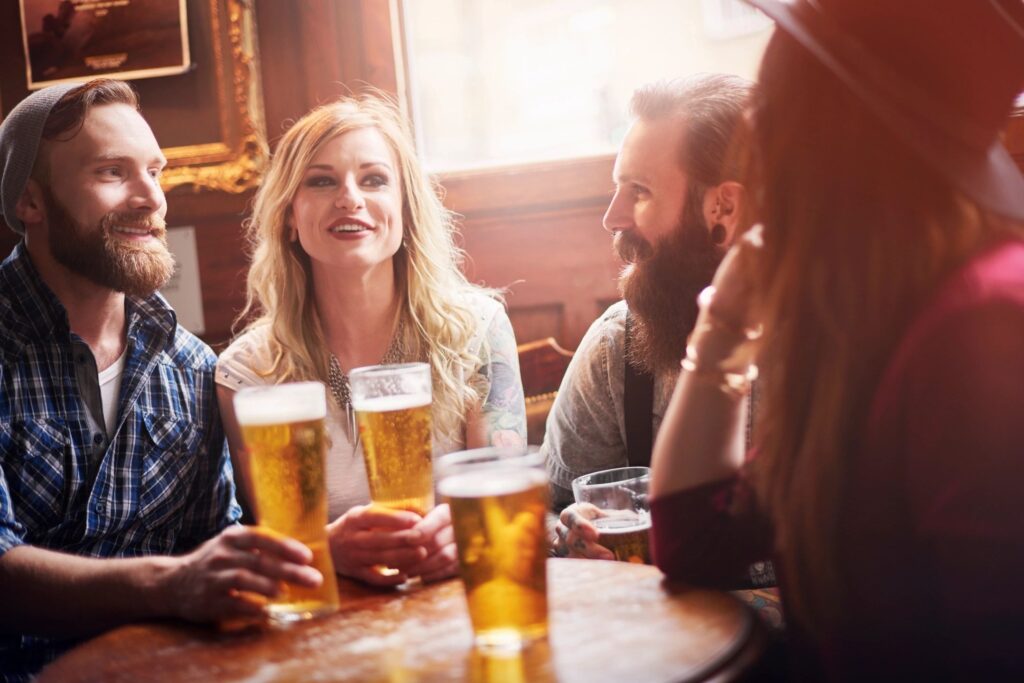
Study Sheds Light on Link Between Self-Esteem and Interpersonal Relationships
The advice that other people will like you more if you like yourself sounds reasonable enough, and there’s some scientific basis for saying that it’s true. Psychology studies have tended to show that people with higher self-esteem have stronger interpersonal relationships.
Still, it’s been unclear why that’s the case. Do people with higher self-esteem subsequently build stronger relationships, or does having stronger relationships boost people’s self-esteem?
A new meta-analysis of studies suggests that both of those explanations might be valid. In other words, self-esteem seems to improve social relationships, and social relationships seem to improve self-esteem, setting up a virtuous circle.
In the meta-analysis, researchers decided to take stock of studies that have been done showing a longitudinal relationship between self-esteem and relationships. That is, the researchers specifically looked at studies that tracked people over time in order to investigate how changes in one of these variables anticipated changes in the other.
Altogether, the researchers found 48 studies involving 46,231 participants that looked at how relationships affected self-esteem, and 35 samples involving 21,995 people that looked at how self-esteem affected relationships.
These studies in aggregate gave weight to the idea that higher self-esteem leads to better relationships later on, but also that better relationships then lead to higher self-esteem. The reciprocal effect between relationships and self-esteem appeared to hold true for people of all ages and genders.
This kind of “virtuous cycle” of positive mental health changes isn’t unusual, and I’ve written about similar phenomena in studies of social anxiety and student happiness. A positive change in one area can lead to positive changes in other areas, which can in turn create further positive changes in the original area.
That’s good news for all of us because it means making one specific positive change can potentially give rise to growth in multiple aspects of our lives. In the context of the present study, finding ways to appreciate ourselves more can also help us get more out of our relationships, and working to improve our relationships with others can in turn help us reevaluate our relationships with ourselves.